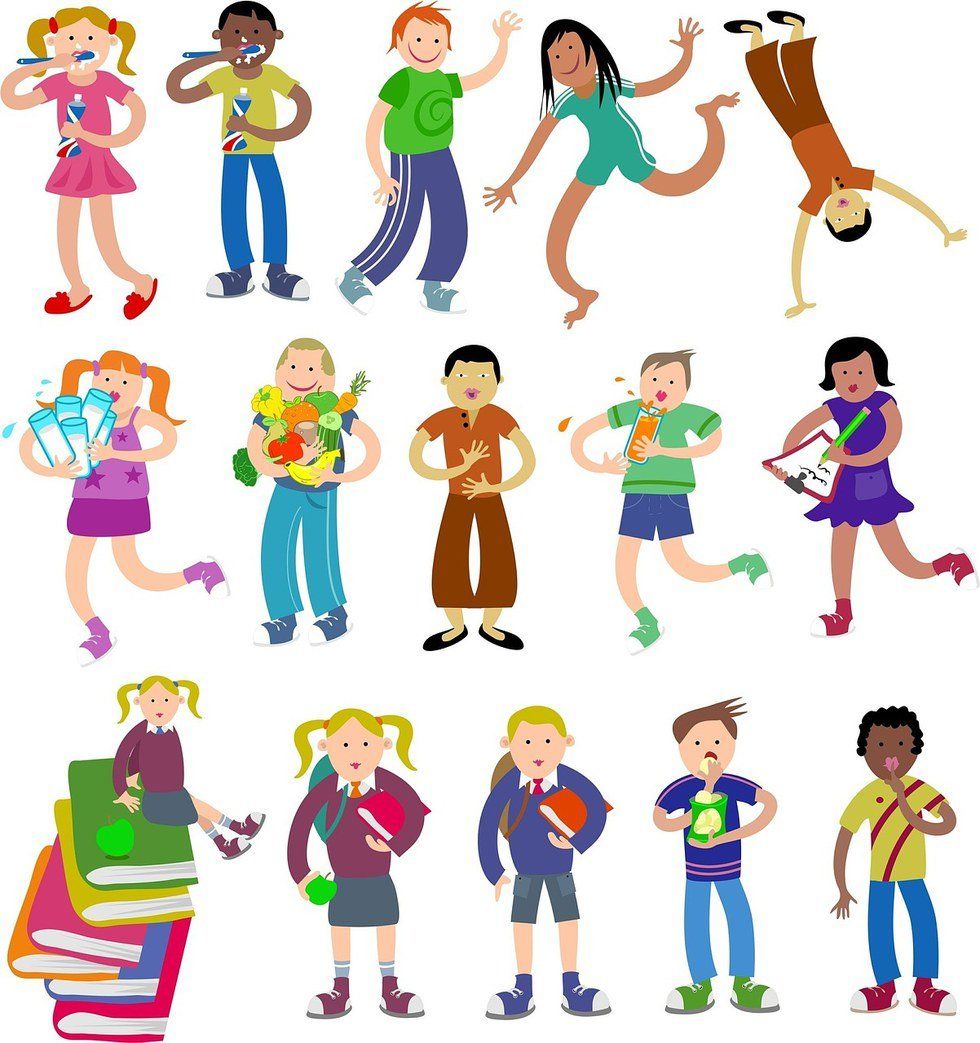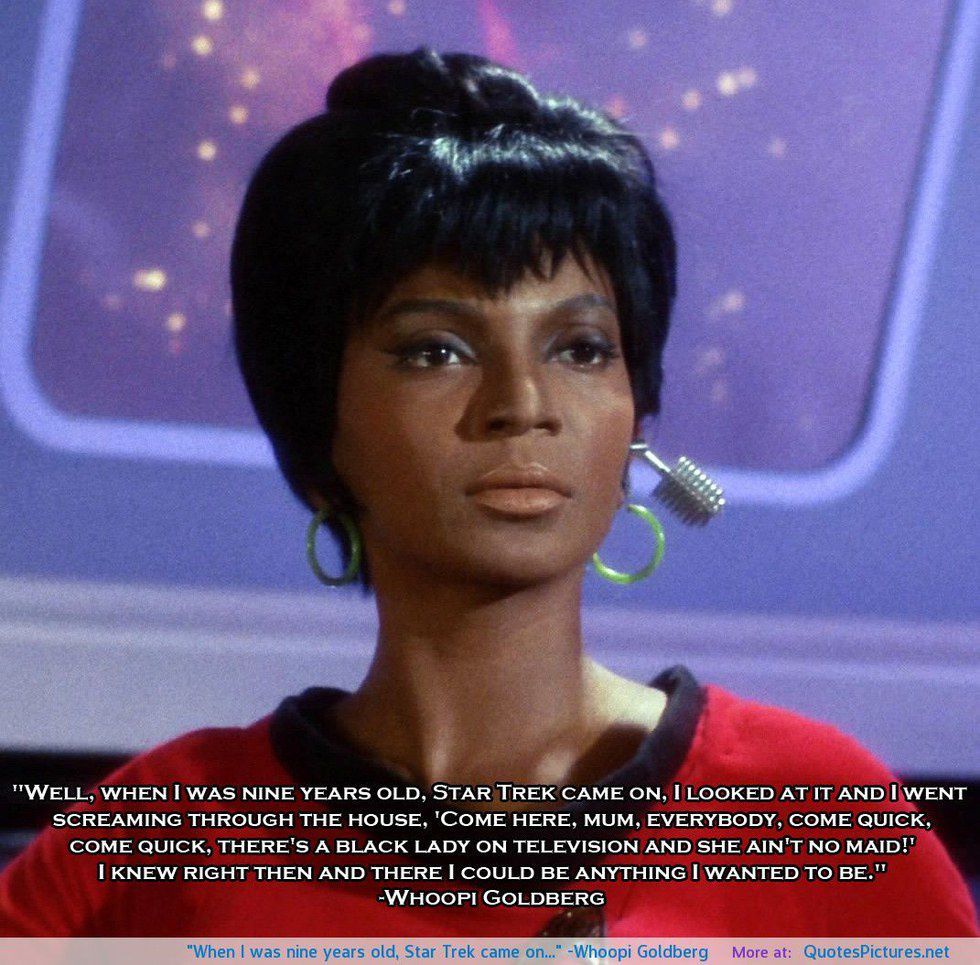Ok, folks, I think most people immersed in the culture of the United States can agree: media representation is a problem.
And we blame everything under the sun- producers who want to create what sells, directors who want to further their careers, the folks auditioning the actors, the actors who take roles they aren't suited for, sexist traditions in media culture and many other people as well.
While I agree that all the above listed people contribute to the problem; I feel that when it comes down to it, writers are the main contributing factor to problematic media representation.
Writing and most creative industries, in general, favor the folks with the most privilege, which is why a huge segment of the famous writers, especially screenwriters, are white, cisgender, not disabled, have a relatively high socioeconomic background and, for the most part, are male. Yes, yes, I know there are exceptions to this norm, but the fact remains that many of the stories being told center on the trials and tribulations of this privileged segment.
As a writer myself, it's totally understandable. People tend to write from their life experiences and that colors the fictional characters and worlds they produce and publish. That in itself isn't a bad thing, it's just that there's a huge swarth of the population who feels left out. Heck, even I, a privileged white girl from the suburbs, sometimes feel a bit left out in the media. (Those anxious musical-and-literary female nerds aren't exactly blockbuster stuff, I'll be the first to admit.)
However, there are people who live their whole lives and never get to see themselves represented in the pages of a book or on the big screen. Do you remember the wonderful Nigerian feminist Chimamanda Adichie's TED talk ? She recollected writing stories as a child that imitated the rainy, English (ie white) world that she knew from books rather than the dusty, Nigerian reality she lived everyday. Her talk is actually called "The Danger of a Single Story". Go watch it, I'll wait here.
Essentially, it's especially important for children to see themselves in the media, to teach them that it's okay to be different and to dream no matter the privilege that one's born into. Kids love to imagine themselves being something awesome, including being writers or actors someday. And what often sparks a child's imagination is when they see their identities portrayed in the media. It's like that Whoopi Goldberg quote when she remembers her 9-year-old-self watching "Star Trek" and being overjoyed because "There's a black lady on televison and she ain't no maid."
The importance of media representation goes beyond sparking the imagination of little kids everyday. Research has noted the impact of inaccurate media representation for Native American children, for example. Writers simply repeat the tropes of the 19th century Native American with teepees and buckskin or the 20th poverty-stricken reservation dwellers without imagining up any different scenarios which only perpetuates the harmful stereotypes. That's not true media representation.
So why exactly is it important for marginalized identities to see themselves written accurately in the media? Take the new movie "The Accountant" about an autistic hit man. The producers prided themselves on consulting with autistic groups (choosing the absolutely disgraceful Autism Speaks, known for focusing on a cure for neuro-atypical people rather than supporting them) and claimed to strive for accuracy in the film. But the result was anything but an accurate potrayal. All it did was reinforce the heartless, savant stereotype that is unfortunately associated with the neuro-atypical community.
But a lot of these representation missteps would have never happened if the writers producing these forms of creative media were more diverse themselves. If an autistic writer or actor was truly involved, "The Accountant" may never have existed and the world would probably would have been a bit better off.
Accurate media representation matters a lot and it's up to allies to advocate for and support marginalized writers and creative people so they can tell the stories that nobody else is telling.






















